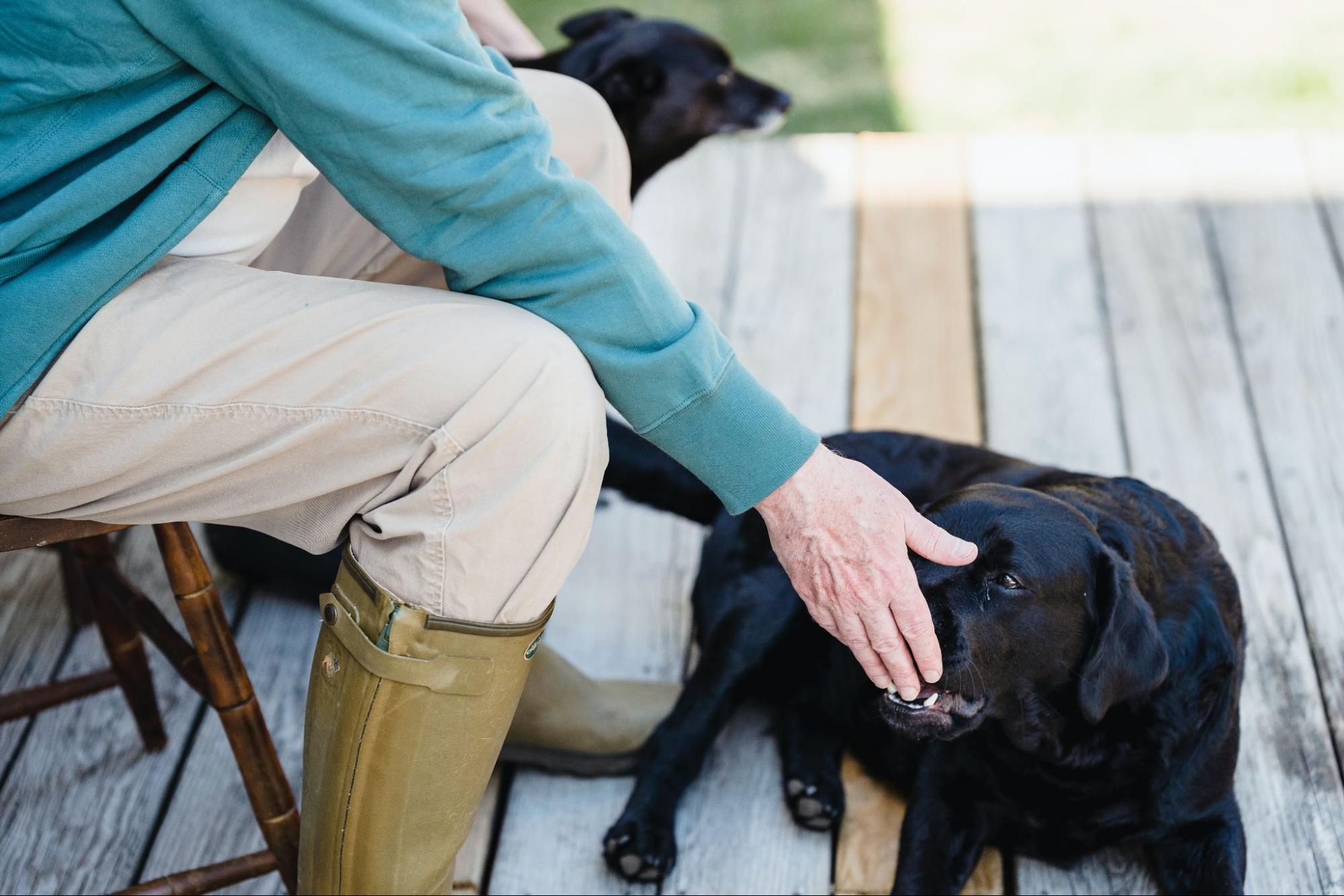How to Train Dog Not to Jump When Excited
Are you struggling with your Labrador’s jumping behavior when they’re excited? Don’t worry, I’ve got some professional tips to help you train your dog and put an end to the jumping frenzy. In this article, I’ll share effective methods on how to teach your Labrador not to jump when they get overly excited.
Labradors are known for their exuberant nature, and while it’s adorable, their enthusiastic jumps can sometimes be problematic. Jumping might seem harmless at first, but it can become a nuisance or even pose a safety risk. That’s where proper training comes in.
One of the best ways to tackle this issue is by teaching your Labrador an alternative behavior that is incompatible with jumping. By redirecting their energy into something more appropriate, such as sitting or staying calm, you can effectively prevent them from jumping up on people or furniture.
Stay tuned as I delve into specific training techniques and strategies that professional trainers recommend for Labradors who have a habit of jumping when excited. With patience, consistency, and expert guidance, you’ll soon have a well-behaved and polite furry friend who knows how to control their excitement without resorting to excessive jumping.
Why Do Labradors Jump When Excited?
Labradors are known for their exuberant and energetic nature, and one common behavior that many Lab owners struggle with is jumping when they get excited. But why do Labradors have this tendency to leap up in the air when they’re feeling happy or enthusiastic? Let’s explore some possible reasons behind this behavior:
- Natural Instinct: Labradors are a breed known for their friendly and social nature. They love attention and crave interaction with humans. Jumping up is a way for them to seek attention and show their excitement. In the wild, dogs often greet each other by sniffing faces, which can translate into jumping on people as a way of getting closer.
- Reinforcement: If a Labrador puppy jumps up on someone and receives attention or affection as a result, it reinforces the behavior. Over time, this positive reinforcement can lead to a habit of jumping whenever they want attention or are excited.
- Lack of Training: Some Lab owners may not have properly trained their dogs from an early age to discourage jumping behaviors. Without consistent training and clear boundaries, dogs may continue to jump up as they grow older because they haven’t learned alternative ways to express their excitement.
- Energy Release: Labs are high-energy dogs that require regular exercise to stay mentally and physically stimulated. If they don’t receive enough exercise or mental stimulation, they may become overly excited and resort to jumping as a means of releasing pent-up energy.
- Attention-Seeking Behavior: Jumping can be an effective way for a Labrador to grab someone’s attention when they feel ignored or neglected. By leaping up on people, they hope to elicit a response or engage in playtime.
So what can you do if your Labrador has developed the habit of jumping when excited? Stay tuned for our next section where we’ll provide some professional tips and techniques on how to train your dog not to jump when they’re feeling enthusiastic. With the right approach and consistency, you can help your Labrador develop more appropriate greetings and behaviors.

Understanding the Impact of Jumping on Behavior
When it comes to training our furry friends, understanding the impact of jumping on their behavior is crucial. Labradors, known for their exuberance and energy, are particularly prone to this behavior when they get excited. In this section, we’ll delve into why dogs jump and how it can affect their overall behavior.
- Eager Greetings: Dogs often jump up as a way to greet us or show excitement. While it may seem harmless at first, this behavior can escalate if not addressed properly. Jumping can become a habit that reinforces dominant behaviors in dogs and may lead to other behavioral issues down the line.
- Reinforcing Attention-Seeking Behavior: When a dog jumps up and gets attention from their humans, whether it’s through petting or verbal interaction, they learn that jumping is an effective way to get what they want. This positive reinforcement further strengthens the jumping behavior and makes it harder to break.
- Safety Concerns: Besides the social implications of jumping on people, there are also safety concerns to consider. A large Labrador jumping up can knock over children or elderly individuals who may be more vulnerable to injuries caused by falls.
- Reinforcement from Visitors: Visitors unknowingly play a role in reinforcing jumping behaviors too. If your Labrador jumps on guests, some people might inadvertently reward the dog with attention or even encourage the behavior unknowingly.
- Mental Stimulation Needs: It’s essential to understand that dogs need mental stimulation just as much as physical exercise. Jumping might be an outlet for excess energy or boredom if your Labrador isn’t getting enough mental enrichment in their daily routine.
By comprehending these factors contributing to jumping behaviors in Labradors, we can begin addressing them effectively during training sessions. The next sections will provide you with professional tips and techniques that will help you train your dog not to jump when excited.